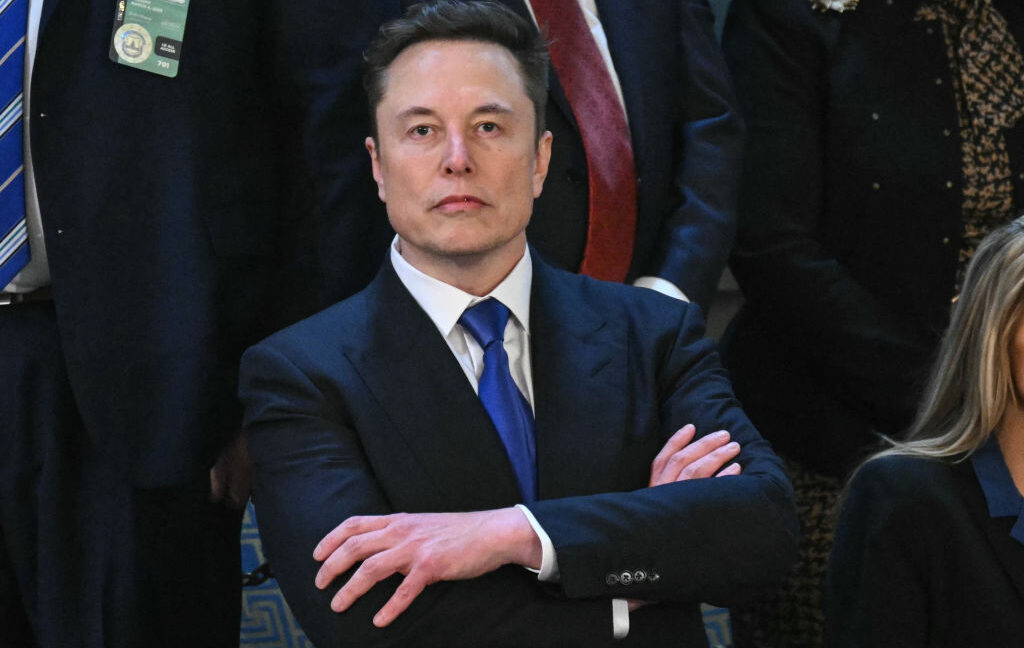“Perhaps the Defendants will establish otherwise later in these proceedings,” Sooknanan wrote. “But at this stage, the record certainly supports that inference,” that the FTC was politically motivated to back Musk’s fight.
As the FTC mulls a potential appeal, the only other major front of Musk’s fight with MMFA is the lawsuit that X Corp. filed in Texas. Musk allegedly expects more favorable treatment in the Texas court, and MMFA is currently pushing to transfer the case to California after previously arguing that Musk was venue shopping by filing the lawsuit in Texas, claiming that it should be “fatal” to his case.
Musk has so far kept the case in Texas, but risking a venue change could be enough to ultimately doom his “thermonuclear” attack on MMFA. To prevent that, X is arguing that it’s “hard to imagine” how changing the venue and starting over with a new judge two years into such complex litigation would best serve the “interests of justice.”
Media Matters, however, has “easily met” requirements to show that substantial damage has already been done—not just because MMFA has struggled financially and stopped reporting on X and the FTC—but because any loss of First Amendment freedoms “unquestionably constitutes irreparable injury.”
The FTC tried to claim that any reputational harm, financial harm, and self-censorship are “self-inflicted” wounds for MMFA. But the FTC did “not respond to the argument that the First Amendment injury itself is irreparable, thereby conceding it,” Sooknanan wrote. That likely weakens the FTC’s case in an appeal.
MMFA declined Ars’ request to comment. But despite the lawsuits reportedly plunging MMFA into a financial crisis, its president, Angelo Carusone, told The New York Times that “the court’s ruling demonstrates the importance of fighting over folding, which far too many are doing when confronted with intimidation from the Trump administration.”
“We will continue to stand up and fight for the First Amendment rights that protect every American,” Carusone said.

